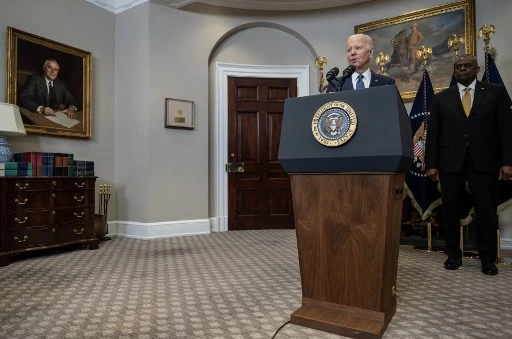Day: January 25, 2023
Michael Novakhov retweeted:
Americans are already starting to feel the effects of the laws we enacted together. But there’s more work to do.
We’re investing in America — and I know we’ll get a lot done.
Michael Novakhov retweeted:
НАТО не была и не будет стороной конфликта на Украине, альянс не направляет в страну своих солдат или самолеты, заявил генсек НАТО Йенс Столтенберг.
What’s the problem? Mummies are being objectified.
What happened? According to CNN Style, a number of British museums have stopped using the word “mummy” to describe the mummified remains of ancient Egyptians on display.
Why? To encourage museum visitors “to think of the individual who once lived,” and to combat negative depictions in popular culture of mummies as “supernatural monsters.” Additionally, some museums have expressed concern that “mummy” is a relic of “imperial and colonial thinking and actions that were based on racial and racist understandings of the world.”
What’s the solution? Using alternative terms such as “mummified person” or “mummified remains of [the person’s name, if known]” to promote cultural sensitivity and inclusion.
Background: Mummification was an elaborate and expensive process typically reserved for Egyptian pharaohs, members of the nobility, and government officials. These authoritarian rulers and their wealthy allies are best known for their prolific use of slave labor and their animosity toward Jews.
What they’re saying: “By using terms such as ‘mummified person,’ we can begin to change our outlook and see these remains for what they really are—not objects or curiosities, but real humans who were once alive and had very specific beliefs about how their bodies should be treated after death.”
—Jo Anderson, assistant keeper of archaeology at the Great North Museum: Hancock in Newcastle
Bottom line: Don’t judge a mummy by its sarcophagus. In other words, we must always respect the humanity and cultural proclivities of long-dead aristocratic slaveowners. This does not apply, obviously, to long-dead aristocratic slaveowners of British or European descent who played a role in the expansion of colonial empires or the founding of the United States.
![]()
The post This Week in Woke: Stop Objectifying Mummies! appeared first on Washington Free Beacon.
The United States said on Wednesday it would supply Ukraine with 31 of its most advanced battle tanks after Germany broke a taboo with a similar announcement, moves hailed by Kyiv as a potential turning point in its battle against Russia’s invasion.
The U.S. decision to deliver M1 Abram tanks helped break a diplomatic logjam with Germany over how to best to help Kyiv in its war with Russia, which hours earlier had condemned Berlin’s decision to provide Leopard 2 tanks as a dangerous provocation.
Washington had been wary of the idea of deploying the difficult-to-maintain Abrams tanks but had to change tack to persuade Germany to send its more easily operated Leopard 2 tanks to Ukraine.
Western allies want to help Ukraine prepare for a possible spring counter-offensive to try to drive Russia out of territory in the south and east of Ukraine it has seized since invading its neighbour 11 months ago.
The White House said Biden spoke on Wednesday with German Chancellor Olaf Scholz, French President Emmanuel Macron, and prime ministers Giorgia Meloni of Italy and Rishi Sunak of Britain on their nations’ close cooperation in support for Kyiv.
Kyiv has been calling for months for Western main battle tanks that would give its forces greater firepower, protection and mobility to break through Russian front lines and potentially reclaim occupied territory.
Germany, previously the West’s holdout amid deep reluctance to export offensive weapons given its Nazi past, said it would send an initial company of 14 of its Leopard 2 tanks from its own stocks and also approve shipments by allied European states.
The eventual aim would be to supply Ukraine with two battalions of Leopards, typically comprising three or four companies each, the first to arrive within three or four months.
“Germany will always be at the forefront when it comes to supporting Ukraine,” Chancellor Olaf Scholz told the German parliament, to applause.
He told a press conference later that Germany would send further military aid to Ukraine beyond the Leopards delivery, including for example air defence systems, heavy artillery and multiple rocket launchers.
Ukrainian President Volodymyr Zelenskiy thanked Scholz by phone and said he was “sincerely grateful to the Chancellor and all our friends in Germany”.
The move lifts one of the last taboos in Western support for Ukraine against Russia’s almost year-old invasion: providing arms that have a mainly offensive rather than defensive purpose.
The West has been reluctant to send heavy offensive weapons to Kyiv for fear of provoking nuclear power Russia.
Russia reacted with fury to Germany’s decision, saying Berlin was abandoning its “historical responsibility to Russia” arising from Nazi crimes in World War Two when Hitler’s forces invaded the Soviet Union.
“This extremely dangerous decision takes the conflict to a new level of confrontation,” said Sergei Nechayev, Moscow’s ambassador to Germany, adding it would cause “irreparable damage to the already deplorable state of Russian-German relations”.
Berlin’s move, joined by Washington, paves the way for pledges from other countries that field Leopards, which Germany made in the thousands and exported to allies in NATO.
Finland said it would send them, as did Poland, which has already sought Berlin’s approval. Spain and the Netherlands said they were considering it and Norway was reported to be discussing it. Britain has offered a company of 14 of its comparable Challenger tanks and France is considering sending its Leclercs.
“At a critical moment in Russia’s war, these tanks can help Ukraine defend itself, win and stand as an independent nation,” NATO Secretary-General Jens Stoltenberg said.
Moscow says supplies of modern offensive weaponry to Ukraine will only postpone what it says will be its inevitable victory. Anatoly Antonov, Russia’s ambassador in Washington, said deliveries of U.S. tanks would be “another blatant provocation”.
Kremlin spokesman Dmitry Peskov said any U.S. tanks sent to Ukraine would “burn like all the rest”.
Moscow increasingly casts the war as a perilous face-off between Russia and the U.S.-led alliance.
Western officials who support sending the tanks have dismissed Moscow’s threats, arguing that Russia is already waging war at full tilt and has been deterred from attacking NATO or using nuclear arms.
Last week, allies pledged billions of dollars’ worth of military aid including hundreds of armoured fighting vehicles and troop carriers. Those are seen as more effective for attacking enemy lines when used alongside tanks.
Ukraine sees the weapons as restoring its momentum in a war that has lately become a bloody, deadlocked slog.
Kyiv acknowledged on Wednesday its forces had withdrawn from Soledar, a small salt-mining town in the east that Russia had claimed to capture more than a week ago, its biggest gain for more than half a year.
The town is close to Bakhmut, a larger city that has been the focus of an intense Russian assault for weeks.
The Russian-installed governor of Ukraine’s Donetsk region said units of Russia’s Wagner contract militia were now moving forward inside Bakhmut, with fighting on the outskirts and in neighbourhoods recently held by Ukraine.
Reuters could not verify the situation there.
In the 11 months since it invaded, Russia has killed thousands of civilians, forced millions from their homes and reduced entire cities to rubble.
It says its “special military operation” was necessary to stem a security threat arising from Ukraine’s ties to the West, which it now portrays as seeking to destroy it. Kyiv and its allies say Ukraine never menaced Russia and the invasion is a war of aggression to subdue a neighbour and seize land.
Ukraine defeated Russia’s troops on the outskirts of Kyiv last year and later drove them out of swathes of occupied land.
But Moscow still occupies around a sixth of Ukraine, and has declared this territory part of Russia. Ukraine says it will not stop fighting until it retakes all its territory.
Related Galleries:
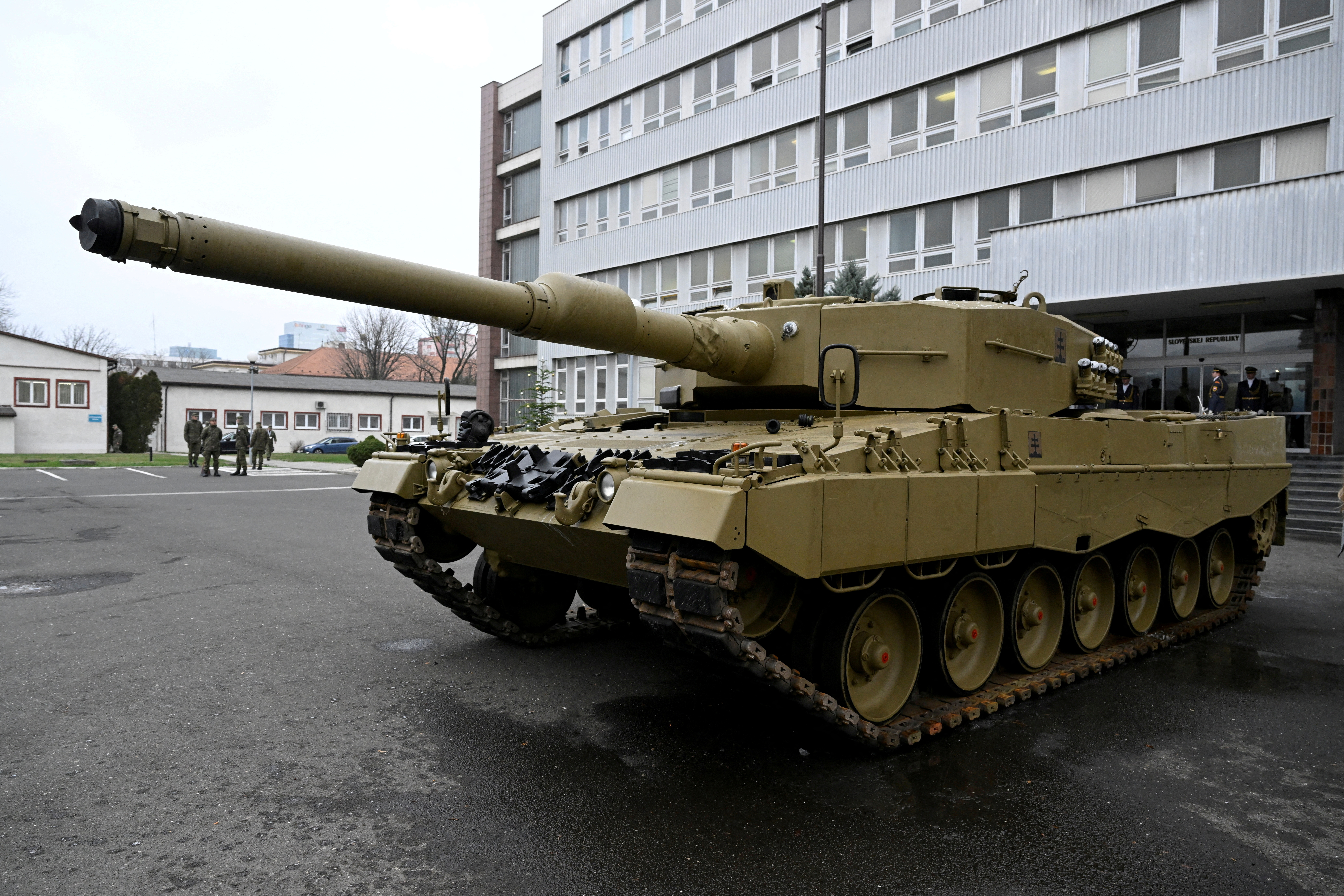
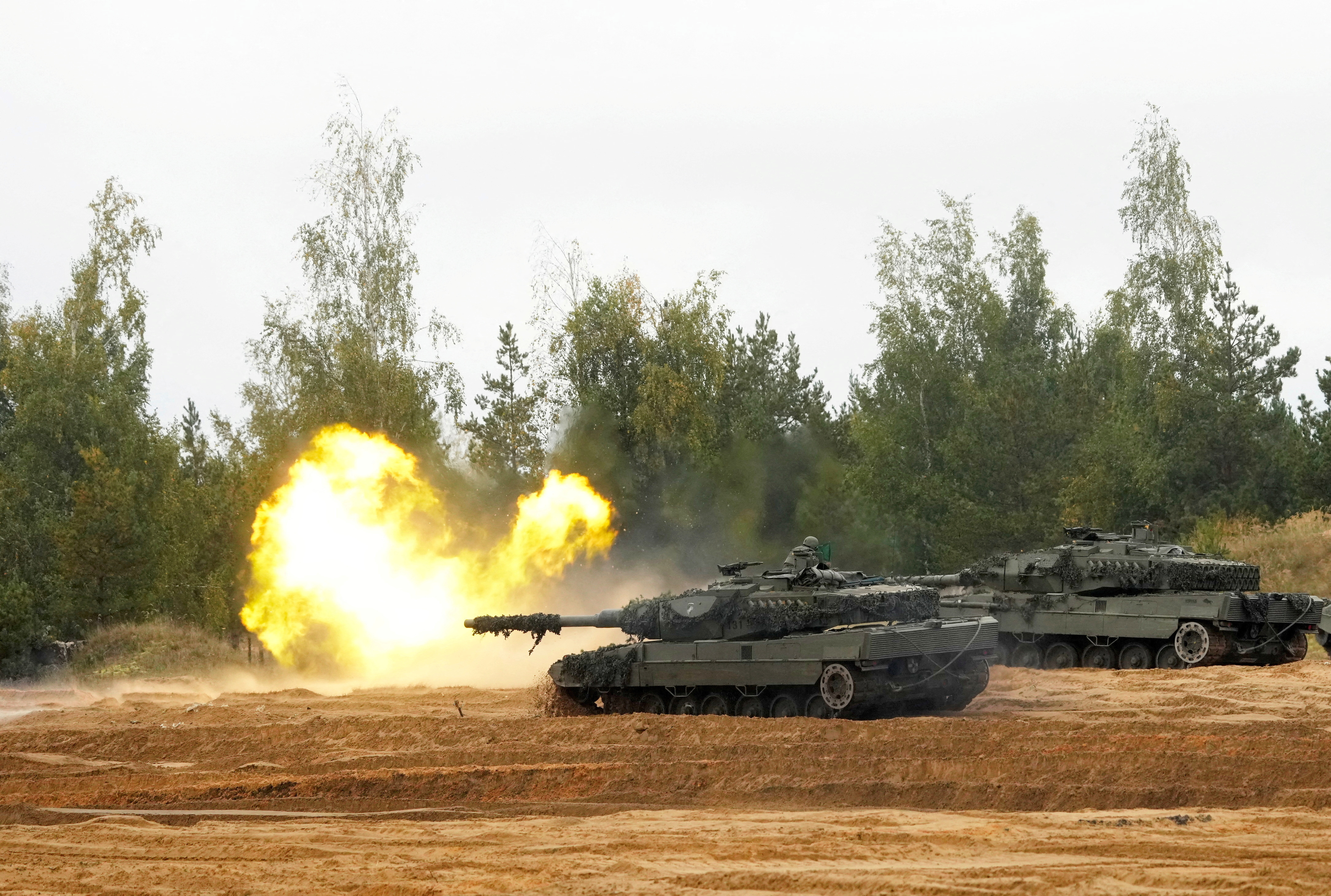
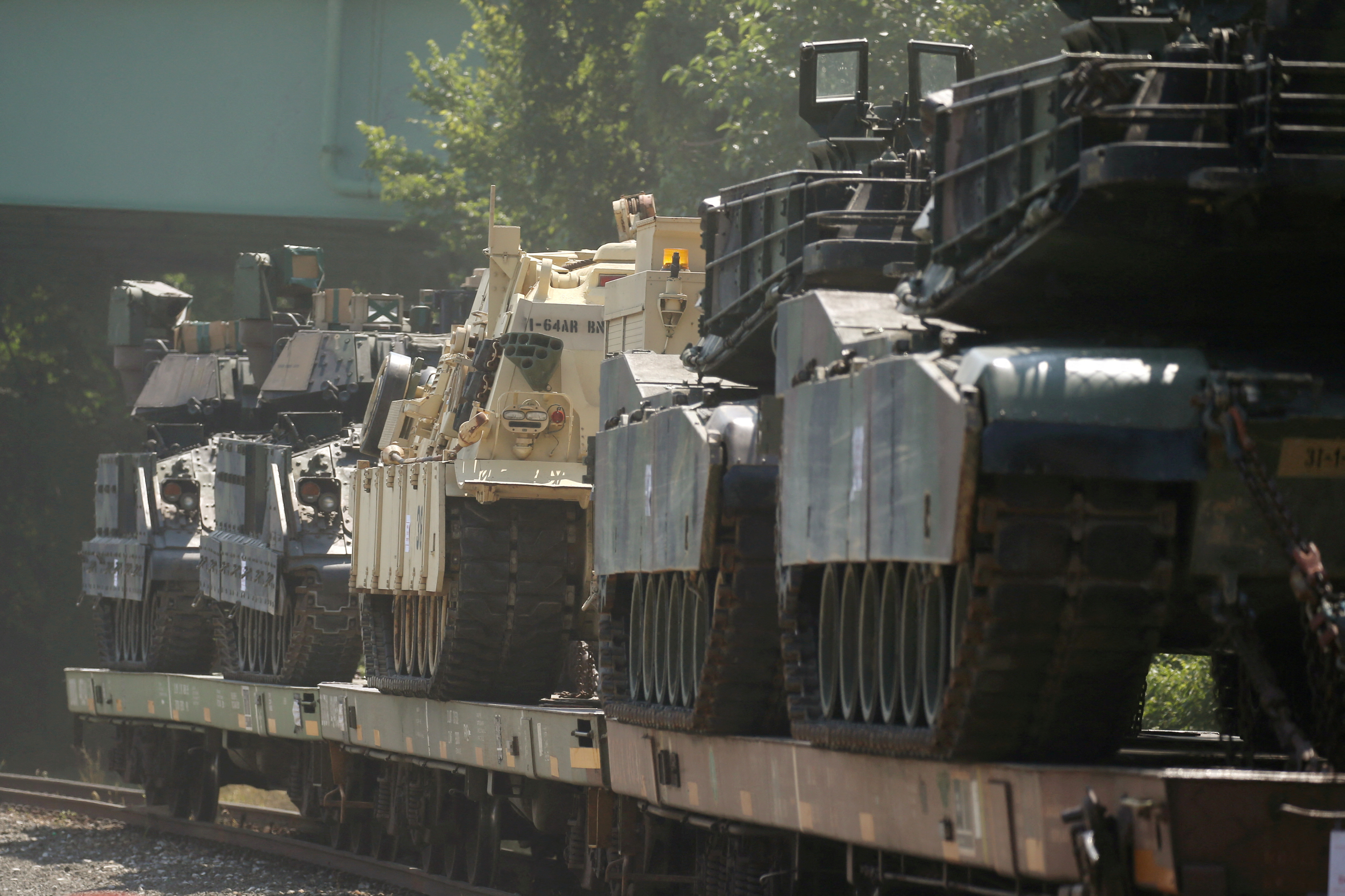

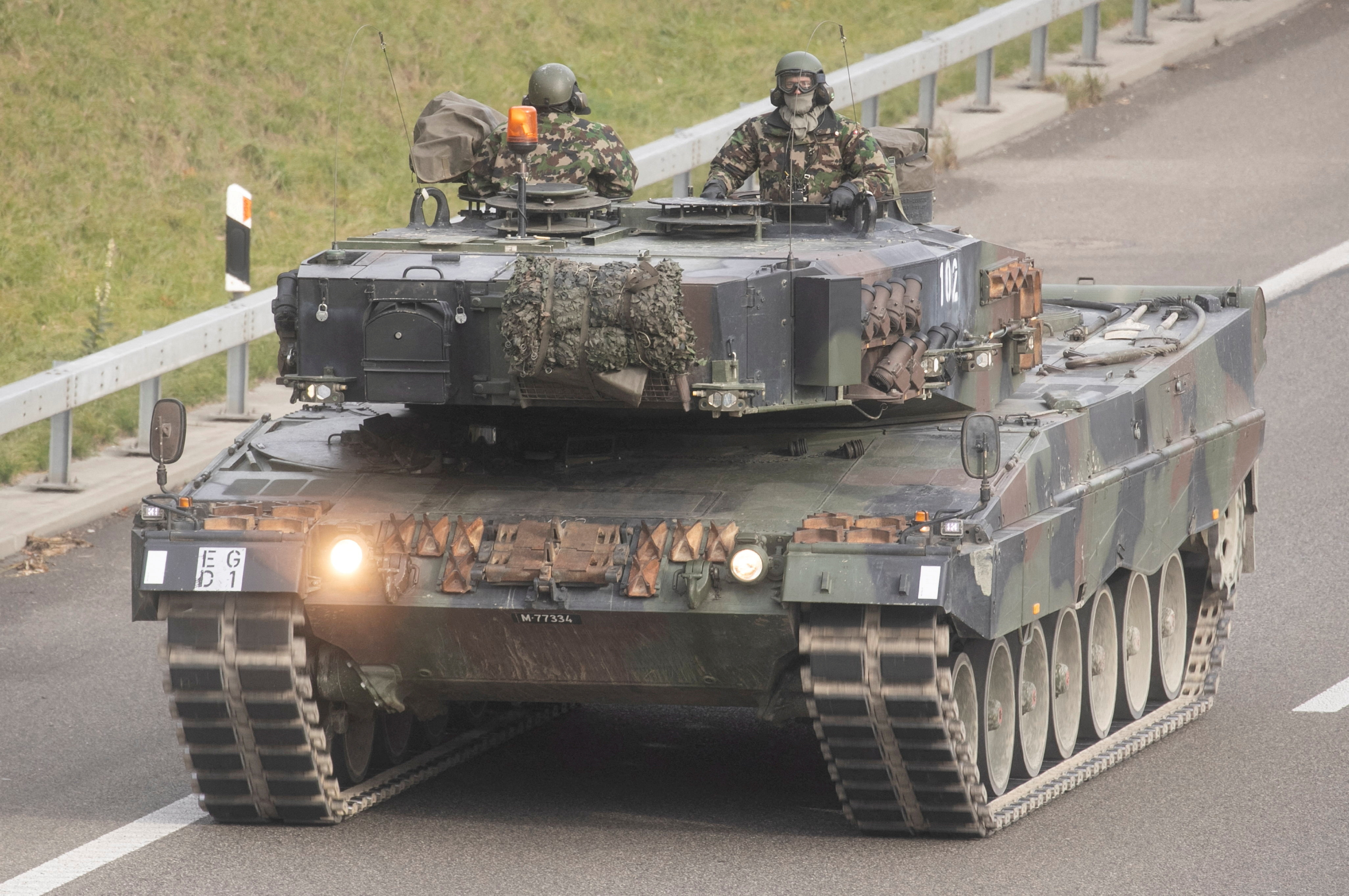
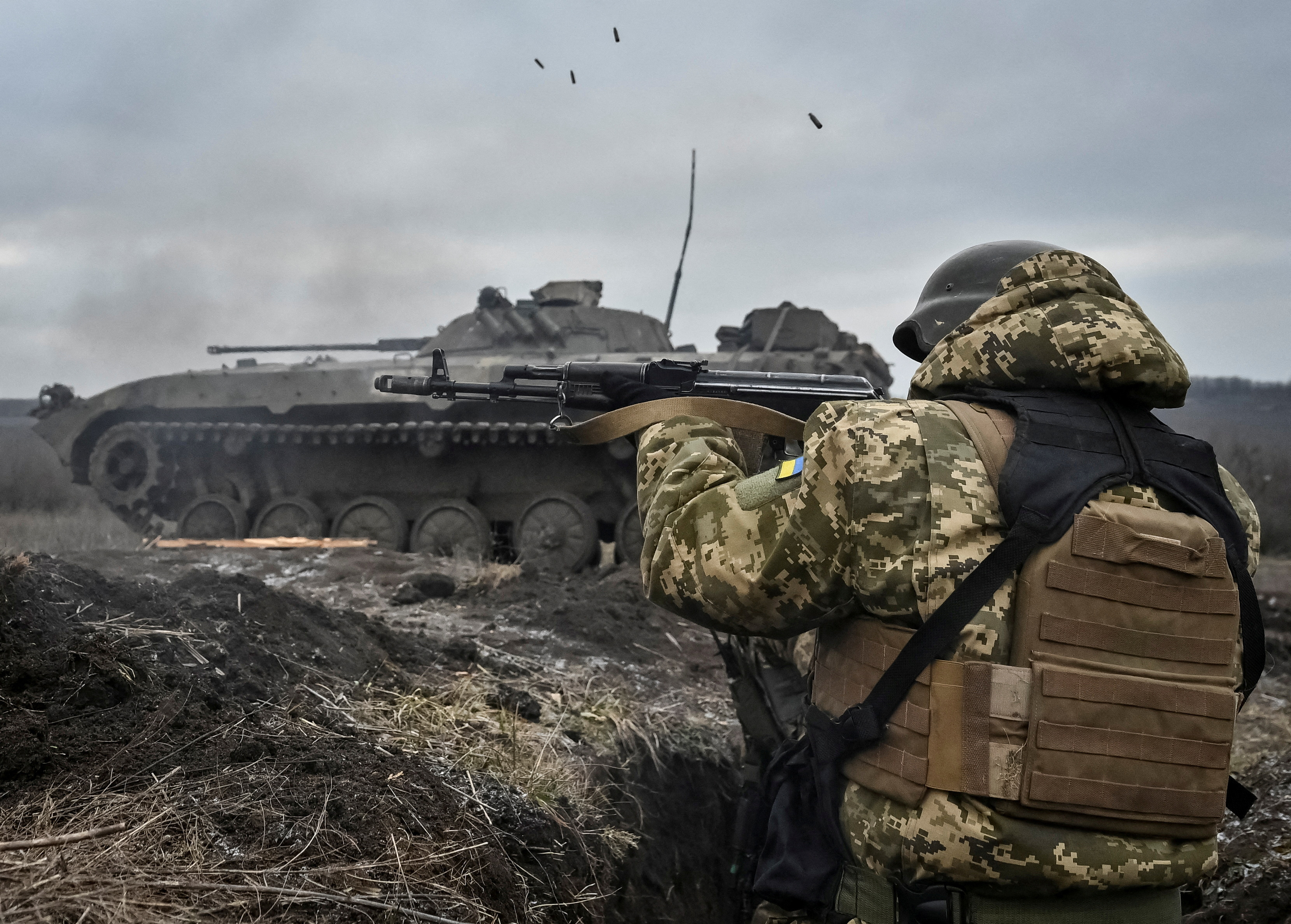
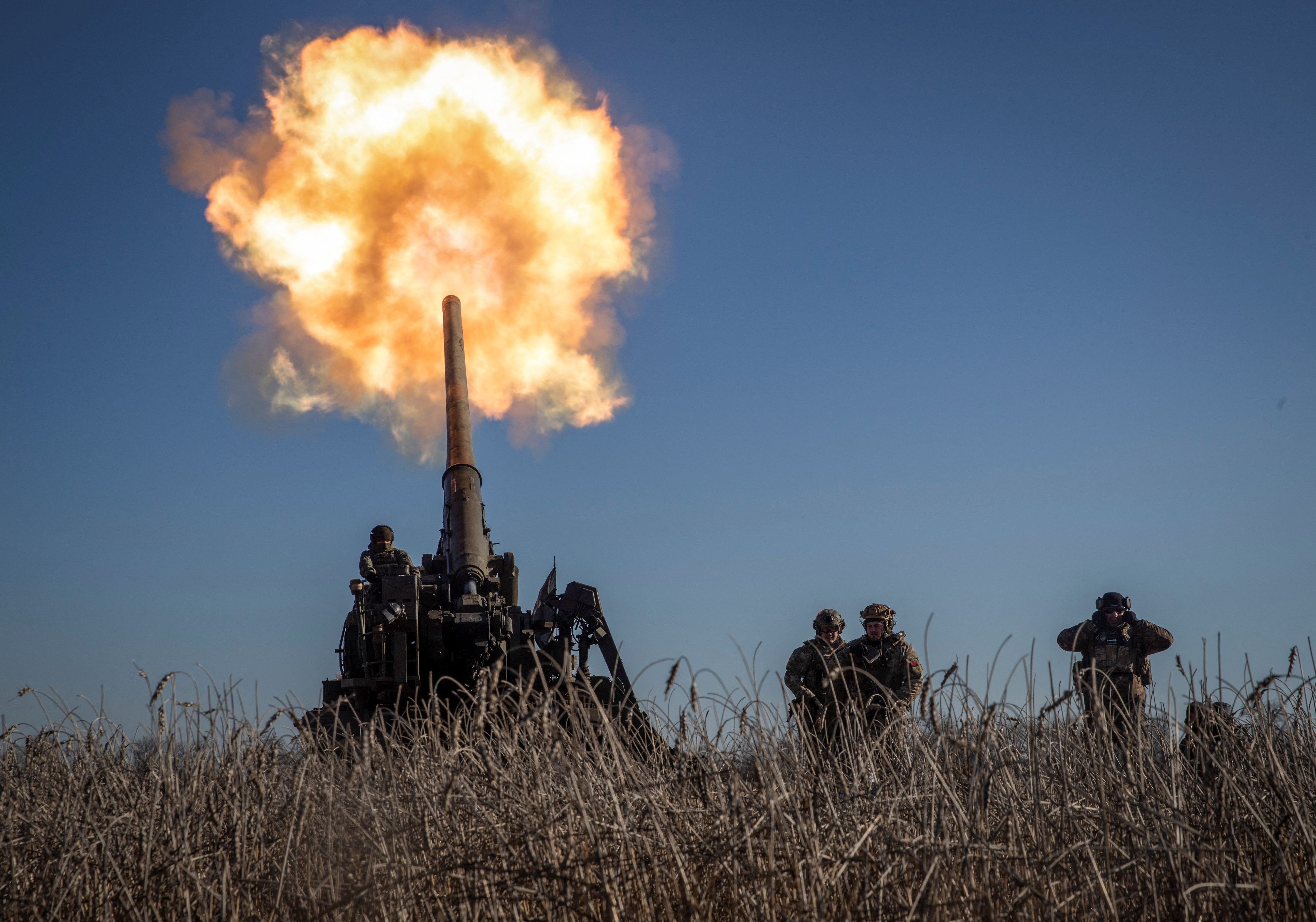
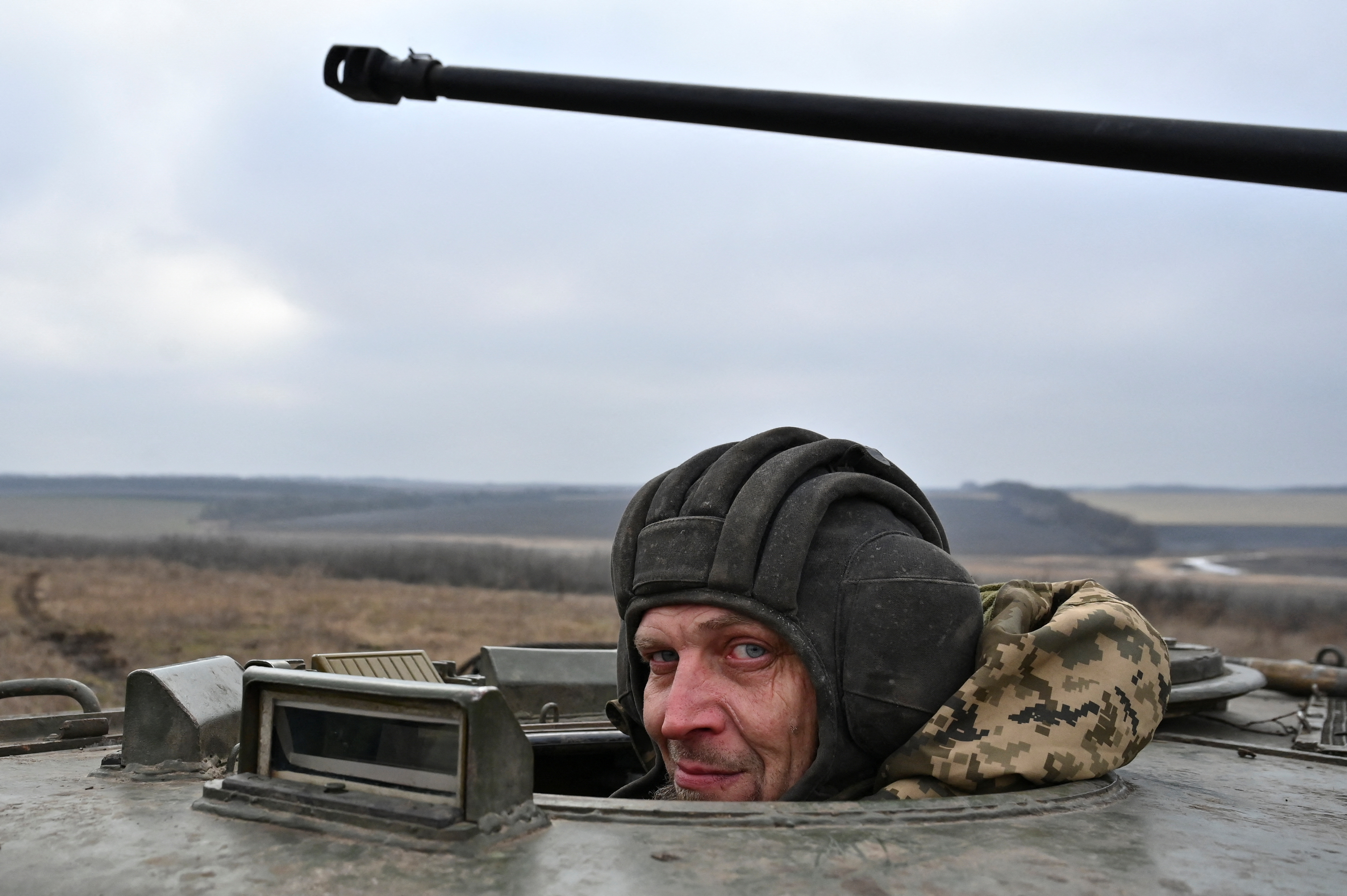
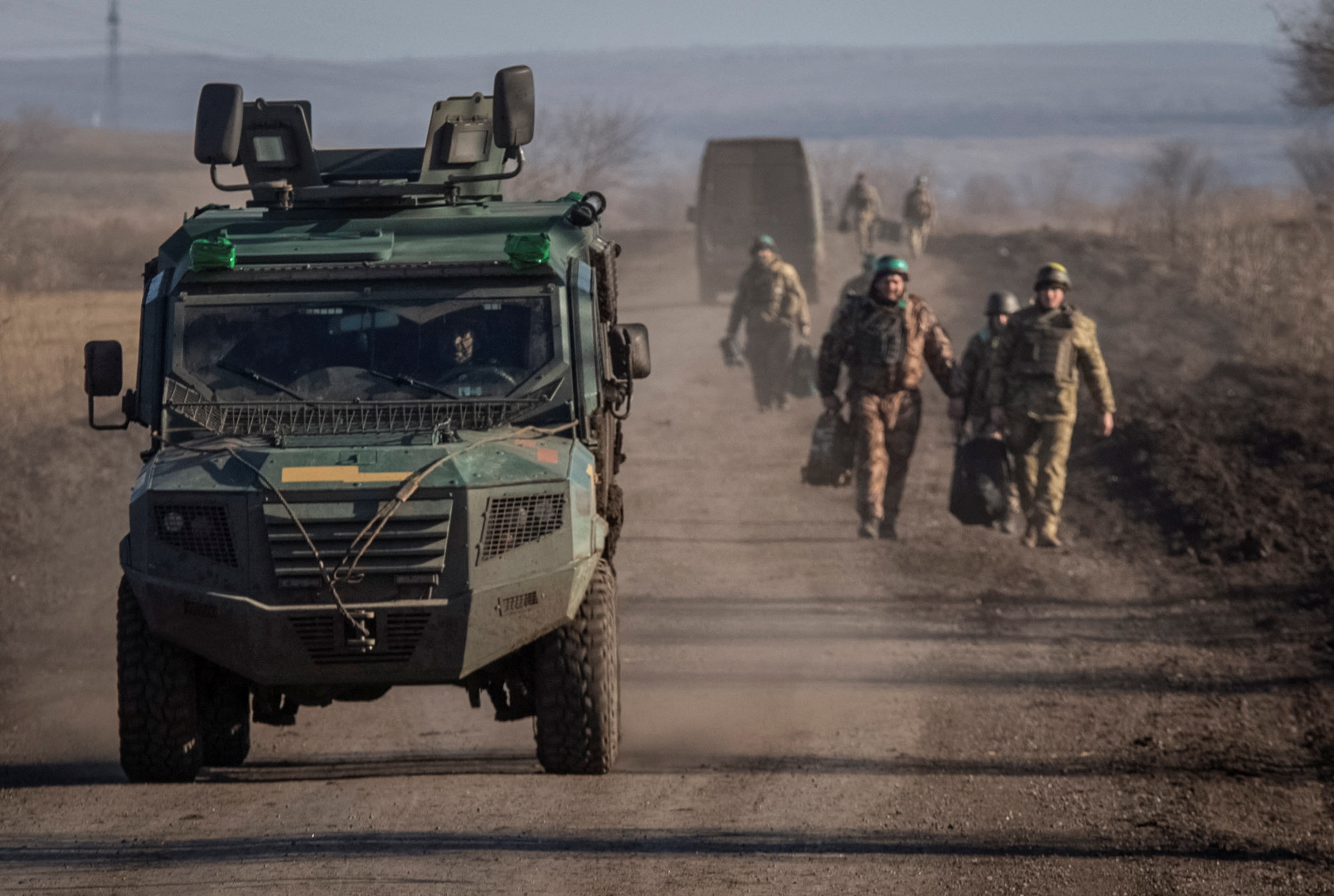
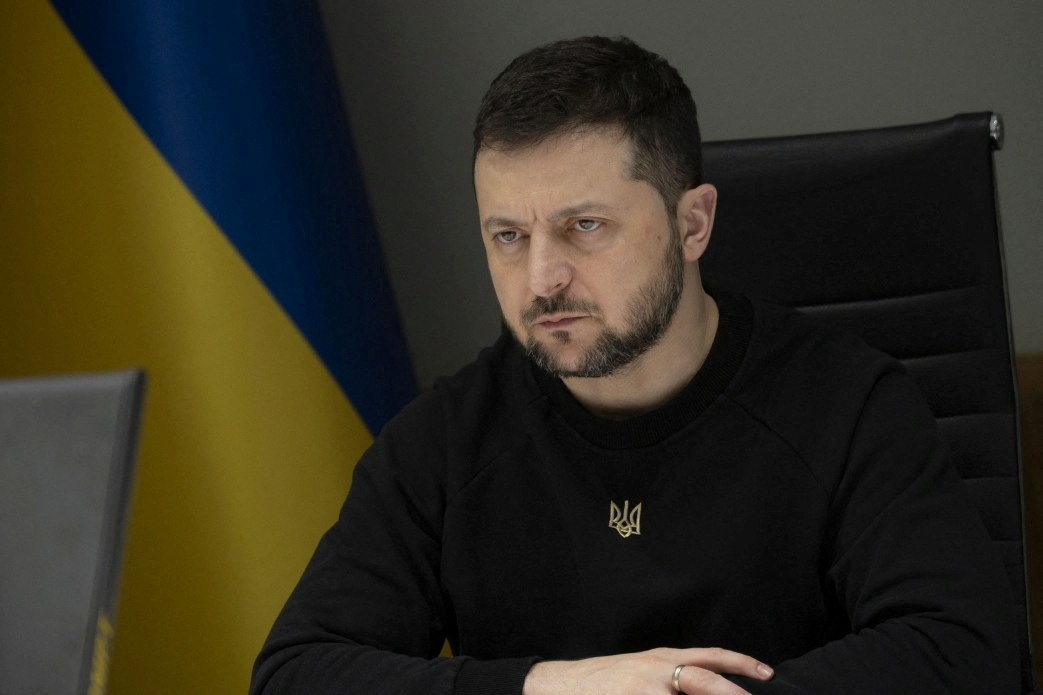
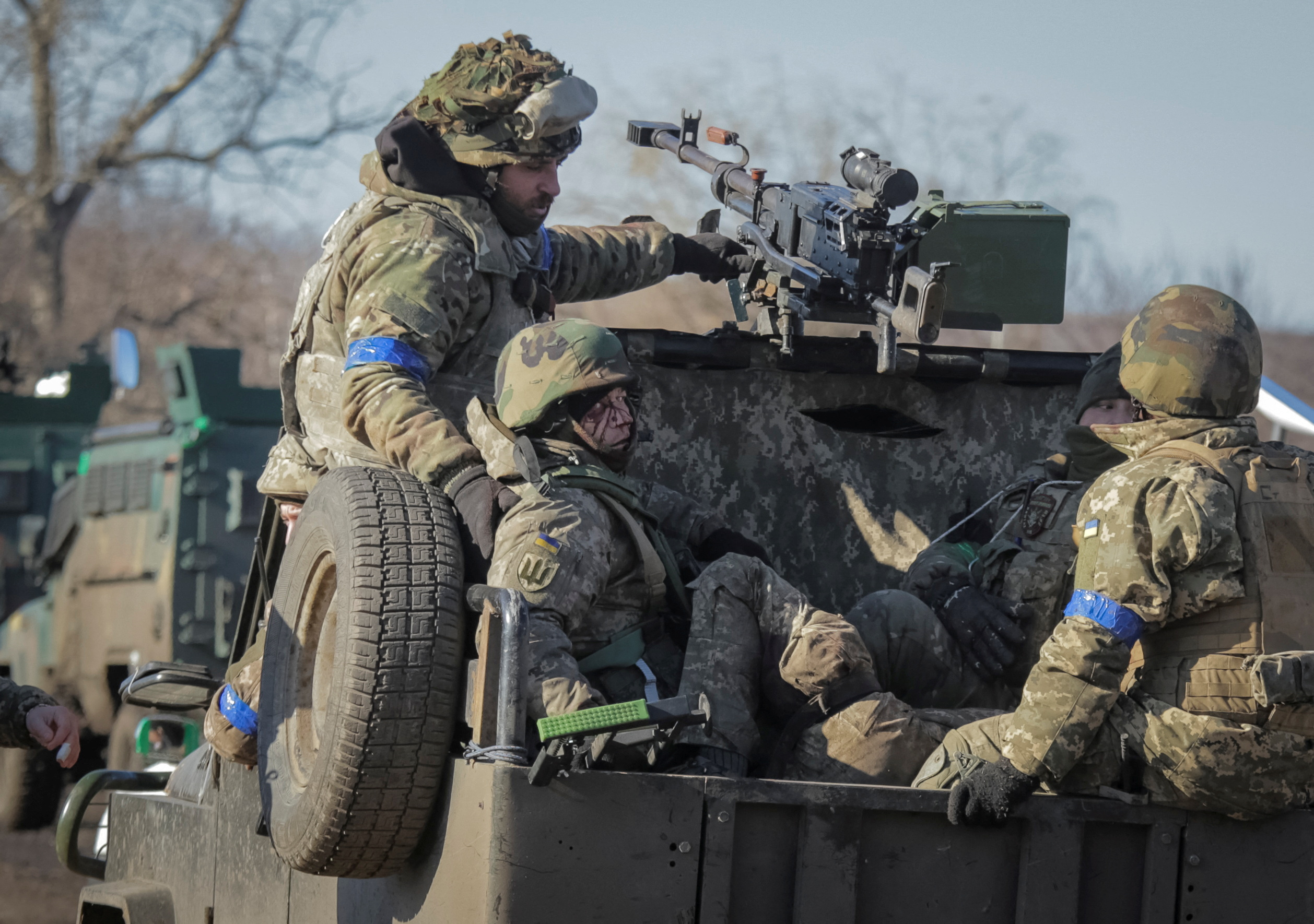
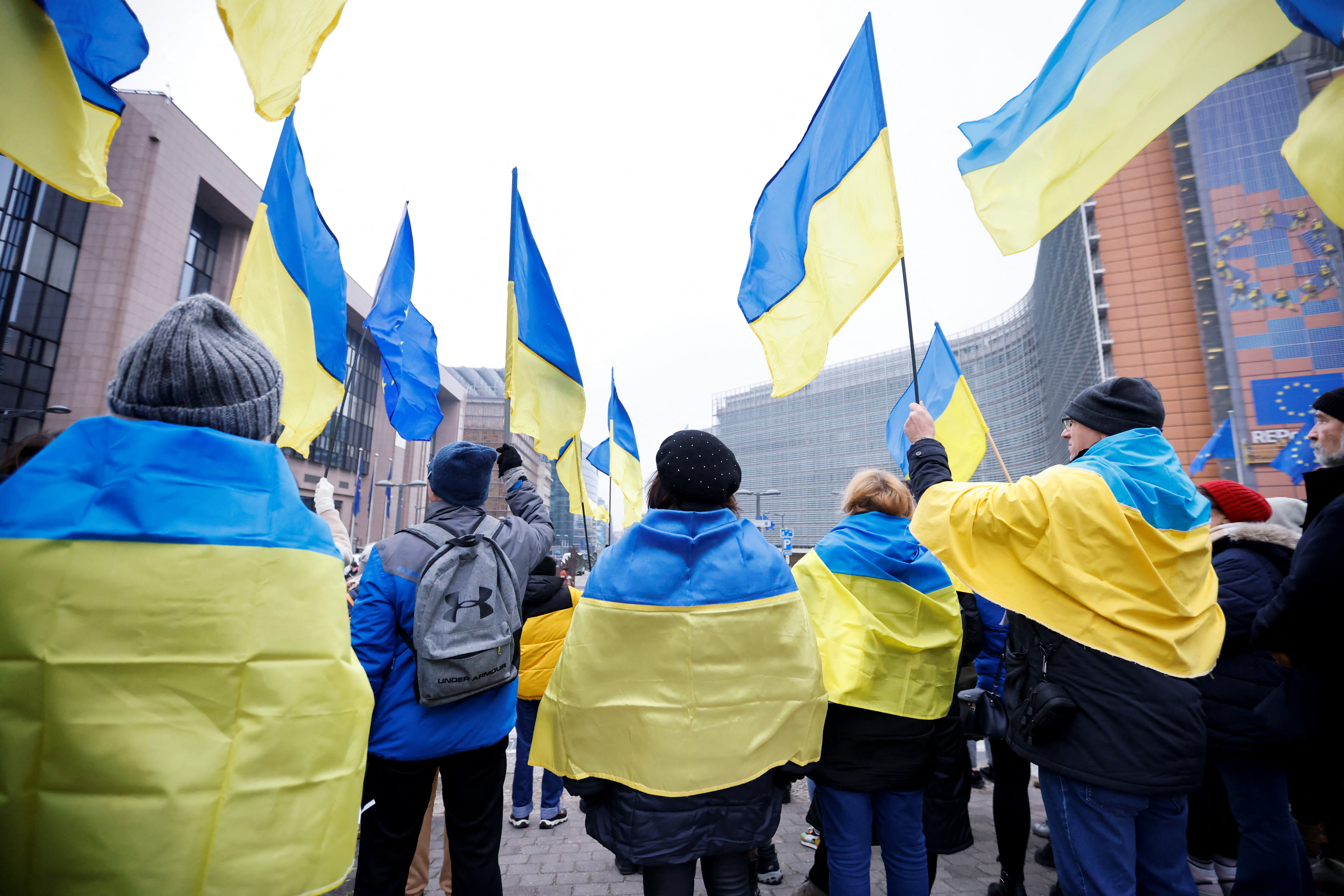
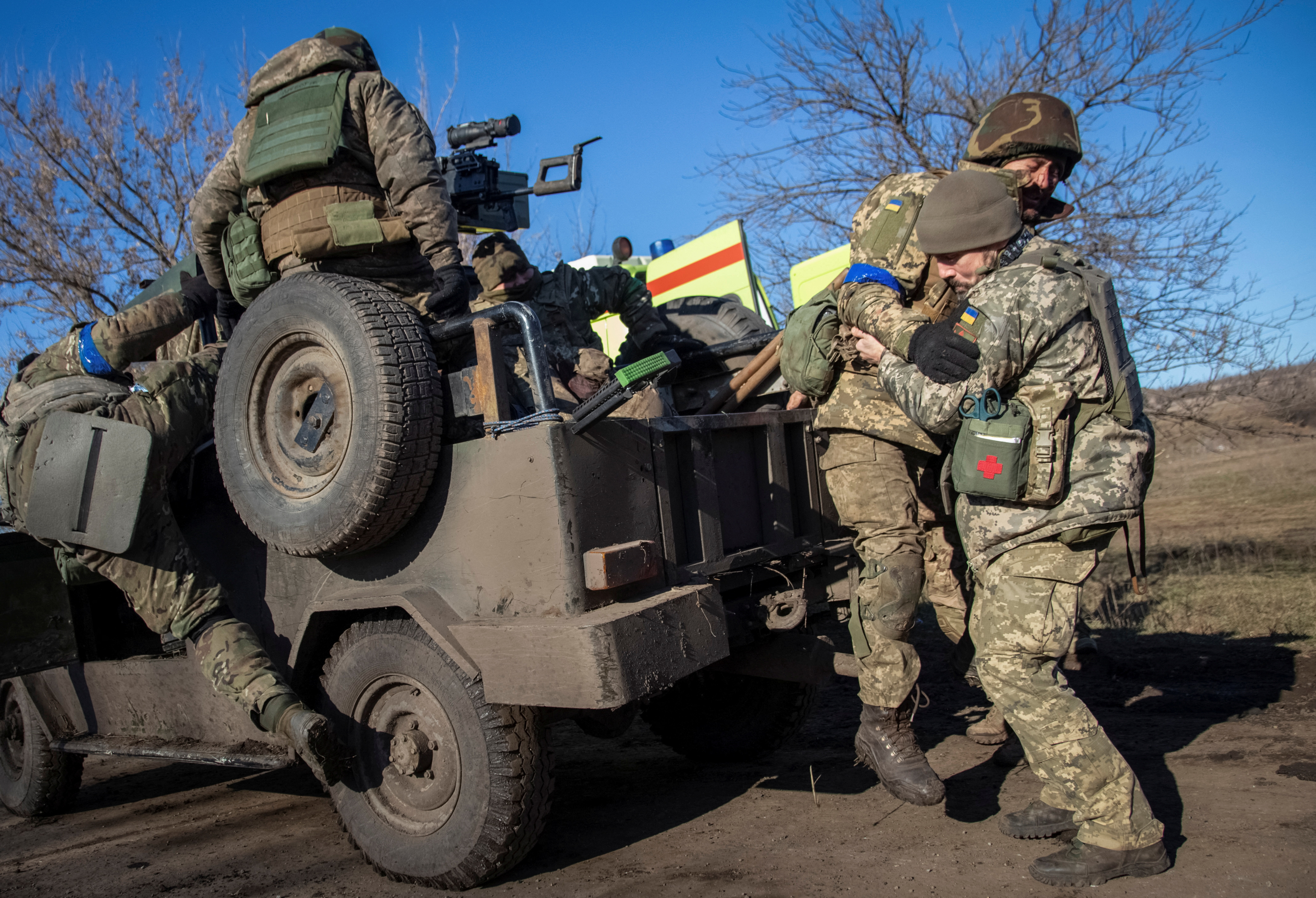
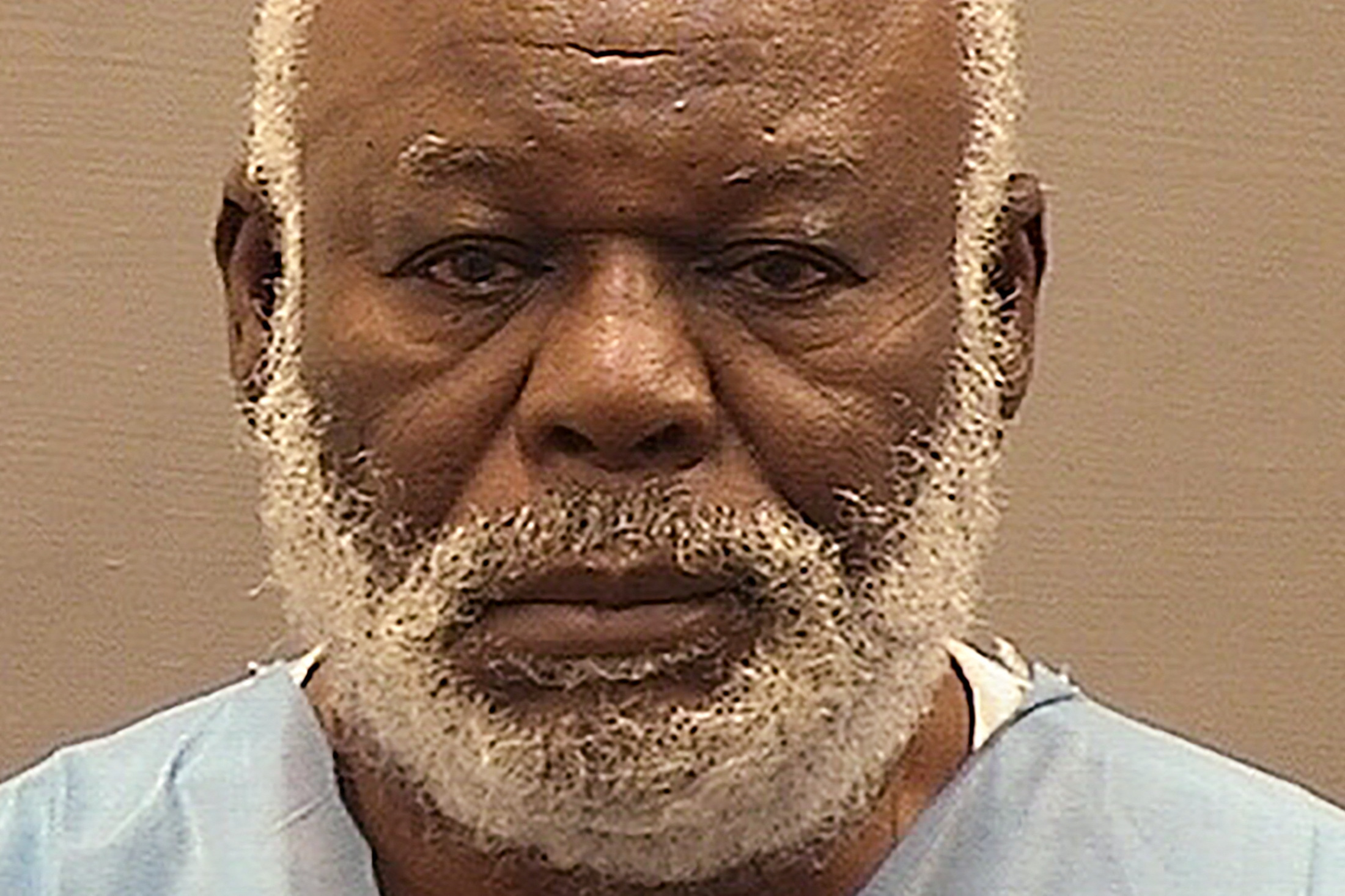
The arraignment of a Libyan intelligence operative suspected of making the bomb that blew up Pan Am flight 103 over Lockerbie, Scotland, in 1988 and killed 270 people was deferred on Wednesday due to delays and challenges securing a defense attorney.
Abu Agila Mohammad Mas’ud Kheir Al-Marimi, 71, is the first suspect in the attack to face criminal charges in the United States.
The bomb exploded aboard a Boeing 747 over Lockerbie as it flew from London to New York in December 1988. All 259 people on board were killed, and another 11 people died on the ground.
U.S. Magistrate Judge Moxila Upadhyaya formally appointed federal public defender Whitney Minter to represent him on Wednesday, after Minter said Mas’ud’s family was unable to retain a defense lawyer on their own.
Minter said Mas’ud has no substantial assets and has not been employed for a decade. He makes mortgage payments on a home in Libya, and his children help cover his living and medical expenses.
Minter asked for additional time to review the indictment with him before entering a plea or addressing the government’s request to keep him detained pending trial.
He is due to be arraigned on Feb. 8, and the judge set a detention hearing for Feb. 23.
The Justice Department has alleged that Mas’ud, who is from Tunisia and Libya, confessed his crimes to a Libyan law enforcement official back in September 2012.
It took many years for the FBI to piece together enough evidence before he could be apprehended and extradited to the United States.
In 1991, two other Libyan intelligence operatives, Abdel Baset Ali al-Megrahi and Lamen Khalifa Fhimah, were charged in the bombing.
At a Scottish trial before a court at Camp Zeist in the Netherlands, Megrahi was found guilty of the bombing in 2001 and was jailed for life. He was later released because he was suffering from cancer and died at his home in Tripoli in 2012.
Fhimah was acquitted of all charges, but Scottish prosecutors have maintained that Megrahi did not act alone.
In the Mas’ud case, prosecutors do not intend to seek the death penalty because it was not legally available at the time the crimes were committed.



